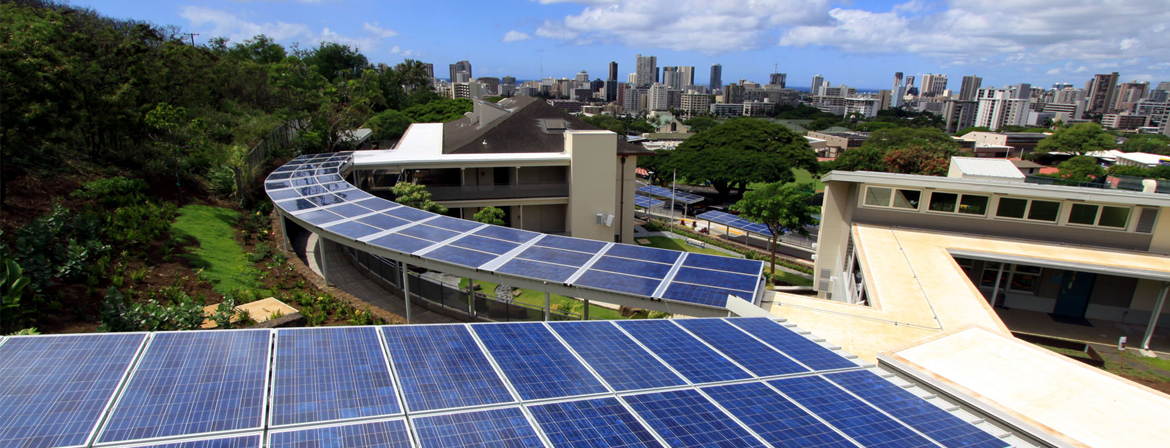The Constructive, Destructive, and Reconstructive Power of Social Norms
Schultz P. W., Nolan J. M., Cialdini R. B., Goldstein N. J., Griskevicius Vladas (2007). The Constructive, Destructive, and Reconstructive Power of Social Norms. Psychological Science, 18(5), 429-434.
The Effect of Tailored Information, Goal Setting, and Tailored Feedback on Household Energy Use, Energy-Related Behaviors, and Behavioral Antecedents
Abrahamse, W., Steg, L., Vlek, C., & Rothengatter, T. (2007). The effect of tailored information, goal setting, and tailored feedback on household energy use, energy-related behaviors, and behavioral antecedents. Journal of Environmental Psychology, 27(4), 265-276.
Putting Text in Context: The Conflict Between Pro-Ecological Messages and Anti-Ecological Descriptive Norms
Oceja, L., & Berenguer, J. (2009). Putting text in context: The conflict between pro-ecological messages and anti-ecological descriptive norms. The Spanish Journal of Psychology, 12(2), 657-666.
Using Social Norms to Reduce Household Energy Consumption
Schultz P. W., Nolan J. M., Cialdini R. B., Goldstein N. J., Griskevicius Vladas (2007). The Constructive, Destructive, and Reconstructive Power of Social Norms. Psychological Science, 18(5), 429-434.
The Short List: The Most Effective Actions U.S. Households Can Take to Curb Climate Change
Gardner, G.T. & Stern, P.C. (2008, September/October). The Short List: The Most Effective Actions U.S. Households Can Take to Curb Climate Change
Applying Social Psychology to Desegregation and Energy Conservation. Special Issue: Illustrating the Value of Basic Research
Aronson, E. (1990). Applying social psychology to desegregation and energy conservation. Special Issue: Illustrating the value of basic research. Personality and Social Psychology Bulletin, 16, 1, 118-132.
How Influential is the Auditor? Determinants of Sales Effectiveness in Energy Conservation Programs
Brown, M. A., Berry, L. G., White, D. L. & Trumble, D. (1988). How influential is the auditor? Determinants of sales effectiveness in energy conservation programs. Energy Systems and Policy, 12, 135-149.
Assessing Communication Effects on Energy Conservation
Craig, C. S. & McCann, J. M. (1978). Assessing communication effects on energy conservation. Journal of Consumer Research, 5, 82-88.
Energy Conservation Behavior: The Difficult Path from Information to Action
Costanzo, M., Archer, D., Aronson, E., & Pettigrew, T. (1986). Energy conservation behavior: The difficult path from information to action. American Psychologist, 41, 5, 521-528.
Using Social Cognition and Persuasion to Promote Energy Conservation: A Quasi-Experiment
Gonzales, M. H., Aronson, E., & Costanzo, M. A. (1988). Using social cognition and persuasion to promote energy conservation: A quasi-experiment. Journal of Applied Social Psychology, 18, 12 (Pt 2), 1049-1066.



